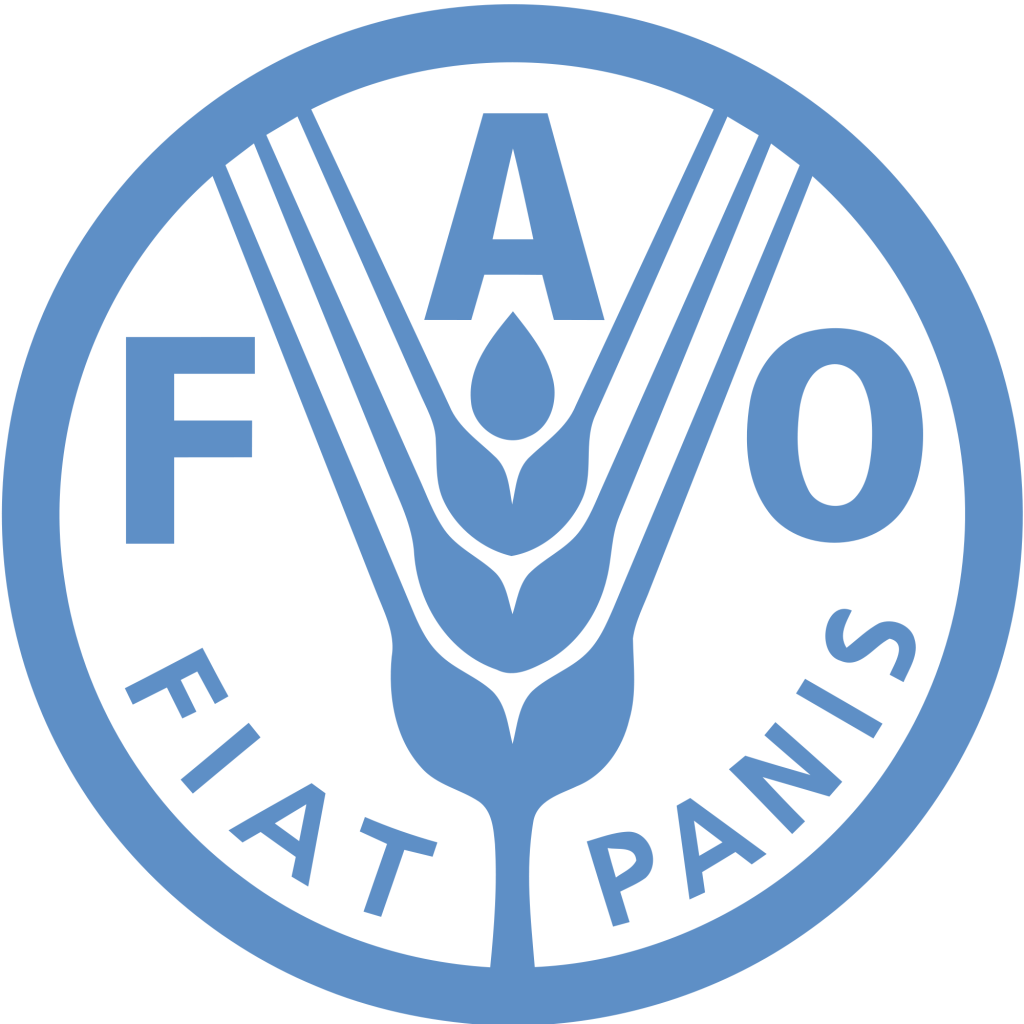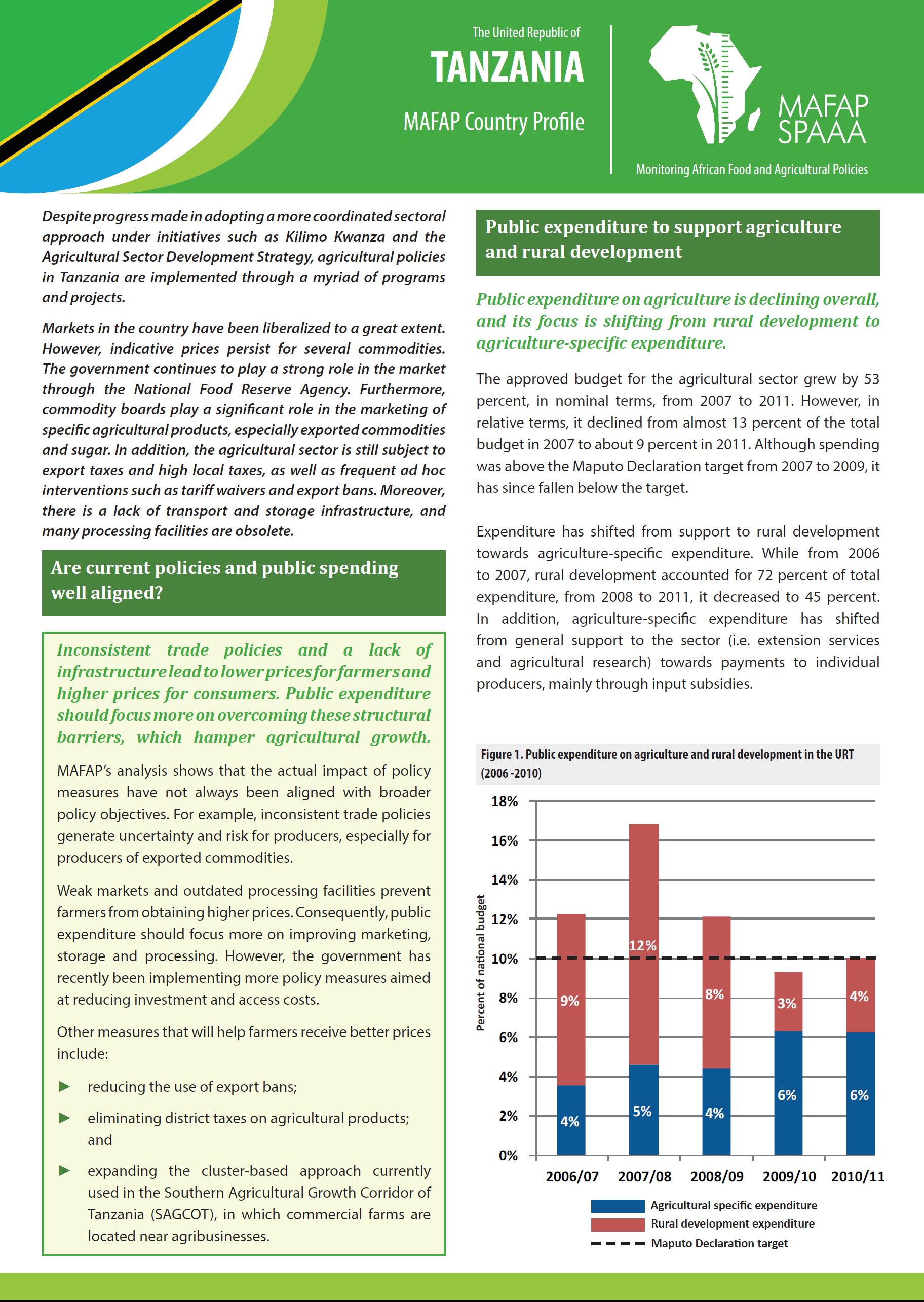Location
The Regional Office for Africa advocates for strong regional partnerships and timely Country Office support.
The substantive technical work of the Regional Office focuses on co-ordinating normative work and its policy dimensions and leadership of the regional dimension of the Organization’s technical networks.
Three main areas characterize the African regional dimension: priority setting and strategic planning, partnership development, and resource mobilization.
The major actions of the Office in Africa put a particular emphasis on:
- Country Offices are the key to FAO's success
- Stronger, more demand-driven multi-disciplinary technical teams
- Intensified regional administrative and operational support and Country Office oversight
- Full capitalization of the potential for extra-budgetary funding
- Focused policy dialogue
- Strengthened support to Pan-African institutions
The Office works at greater focus on high level dialogue and policy formulation in partnership with regional organizations, as well as greater support to the other decentralized offices through closer oversight and support. With its skill-mix technical teams, it makes a point in focusing on country level activities by the multi-disciplinary teams as well as stronger, specific partnerships with the Regional Economic Communities.
Members:
Resources
Displaying 56 - 60 of 107Nature and Faune, vol. 26., no. 2
This issue of Nature & Faune aims at highlighting the complexity of the interface between forest and agriculture in Africa. It strives to unfold the realities of managing the physical and economic zones where forests meet farms in Africa.
Nature and Faune, vol. 26., no. 2
This issue of Nature & Faune aims at highlighting the complexity of the interface between forest and agriculture in Africa. It strives to unfold the realities of managing the physical and economic zones where forests meet farms in Africa.
Monitoring African Food and Agricultural Policies
Despite progress made in adopting a more coordinated sectoral approach under initiatives such as Kilimo Kwanza and the Agricultural Sector Development Strategy, agricultural policies in Tanzania are implemented through a myriad of programs and projects.
Nature & Faune Vol. 25, Issue 2
This issue examines the ¿Economic and social significance of forests for Africa¿s sustainable development¿. It addresses efforts of African nations to sustainably manage their forests. Authors share cases and experiences highlighting attempts made by forest and natural resource managers to develop innovative partnerships with new stakeholders outside the traditional forest sector. The present edition of Nature & Faune points out where to obtain information on the contribution of wildlife to national economies. The regular feature Country Focus shines the spotlight on Lesotho.
Nature & Faune Vol. 25, Issue 2
This issue examines the ¿Economic and social significance of forests for Africa¿s sustainable development¿. It addresses efforts of African nations to sustainably manage their forests. Authors share cases and experiences highlighting attempts made by forest and natural resource managers to develop innovative partnerships with new stakeholders outside the traditional forest sector. The present edition of Nature & Faune points out where to obtain information on the contribution of wildlife to national economies. The regular feature Country Focus shines the spotlight on Lesotho.


